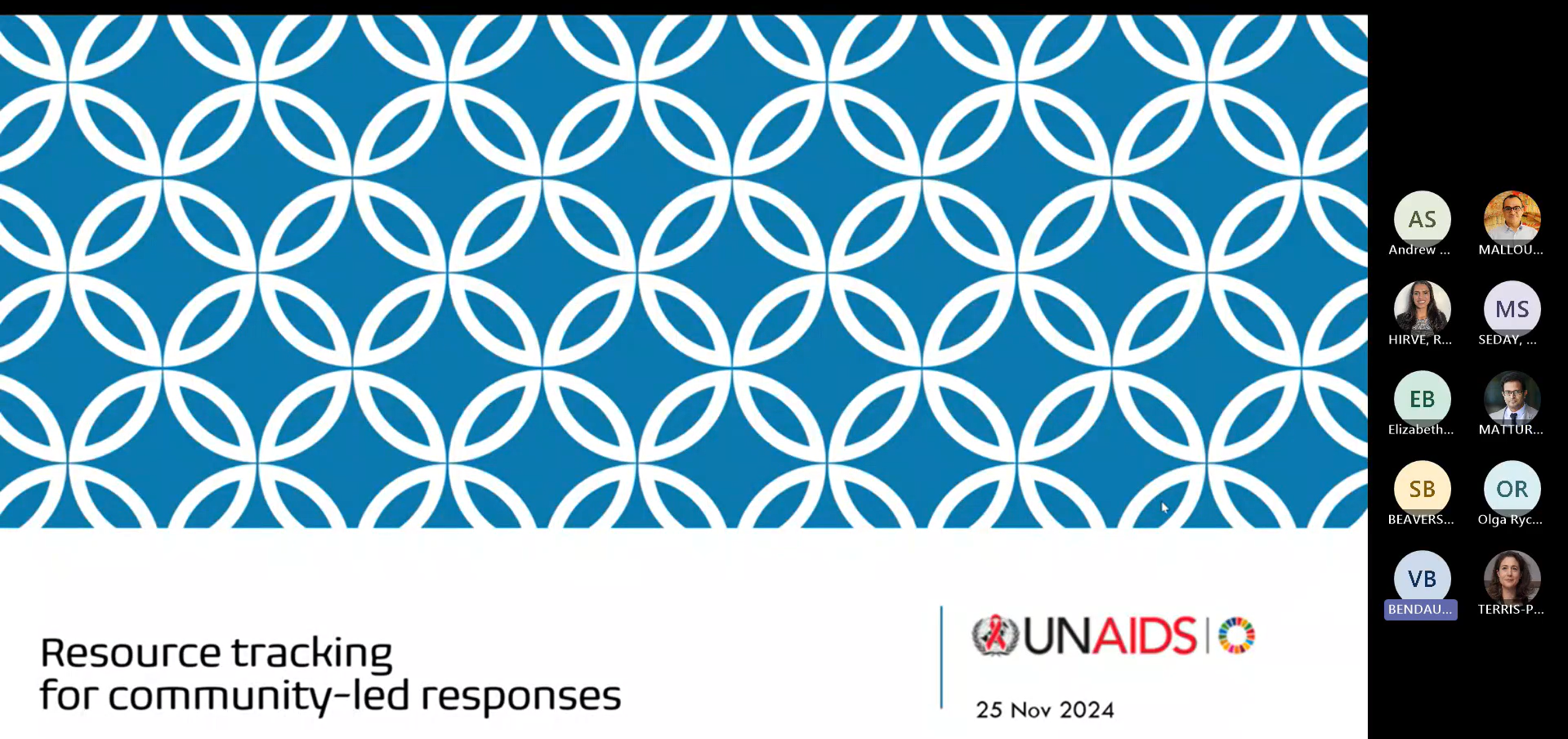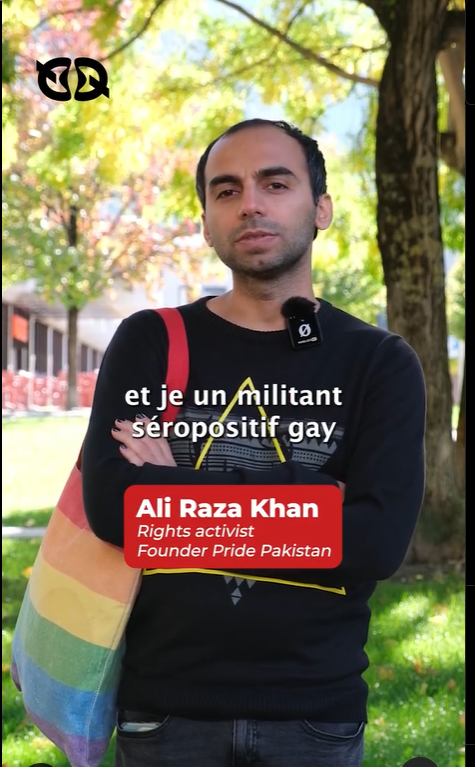Category: Uncategorized
-
The Game: Ali’s Treatment Trek
The word Trek means a long, challenging journey. This interactive experience visualizes my 15-year path as an HIV-positive person in Pakistan, navigating through the shadows of the hospital, the stigma of the city, and finally emerging onto the global stage. 🕹️ Ali’s Treatment Trek A 15-year journey from stigma to global HIV activism. 💊 ART…
-
The Game U=U: Ali Raza Khan Shield of Science
An Interactive HIV Awareness Game U=U Shield of Science How to Play: Move Ali to catch the ART medicine. Keep the Rainbow Shield at 100% to stay Undetectable! Help Ali spread the science of U=U! WhatsApp LinkedIn Post on X Facebook Copy for Instagram Link copied! Paste it into your Instagram Story “Link” Sticker. ADVOCATING…
-

Ali Raza Khan Member UNAIDS Advisory Group on Monitoring the 30-80-60 Participated in Financial Data meeting
Exploring Financial Data as a Proxy for Monitoring Community-Led HIV Response This discussion focuses on the use of financial data to monitor the effectiveness of community-led HIV response efforts, specifically in relation to the 30-18-60 targets. The conversation builds upon a previous discussion in March, where Deepak presented initial findings on using financing data for…
-

Ali Raza Khan äußert sich: Für LGBTQ+-Rechte in Pakistan eintreten
In einem kürzlichen Interview mit Qlub Queer erzählte Ali Raza Khan, ein HIV-positiver schwuler Aktivist aus Pakistan, seine eindringliche Geschichte über seinen Kampf für Gleichberechtigung und die Entkriminalisierung von LGBTQ+-Personen in einem Land, in dem gleichgeschlechtliche Beziehungen kriminalisiert sind. „Hallo, mein Name ist Ali Raza Khan und ich bin ein HIV-positiver schwuler Aktivist aus Pakistan,…
